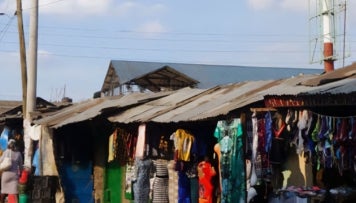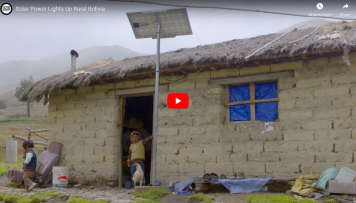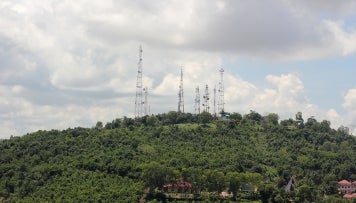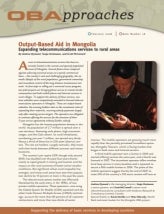Related

Grant Funding
Mongolia: OBA Pilot Project of Universal Access Strategy
Grant Funding
Bolivia: Decentralized Electricity for Universal Access
Grant Funding
Indonesia: Expanding Telecommunications in Rural Areas
October 13, 2011 |Feature Stories
Mongolia: Information and Communications Infrastructure Development Project
July 24, 2007 |Press releases
Bolivia Signs $5.2 million World Bank-administered Grant for Rural Electricity
January 08, 2009 |Press releases
GPOBA Supports Increased Access to Telecommunications Services for Rural Poor in Cambodia
Output-Based Aid in Mongolia: Expanding Telecommunications Services to Rural Areas
Access to telecommunications services has been extremely limited in the remote and sparsely populated areas of Mongolia.

Decentralized Electricity for Universal Access in Bolivia
The GPOBA project, which was approved in 2007, built on the experience of the Infrastructure for Rural Transformation (IDTR) projec


